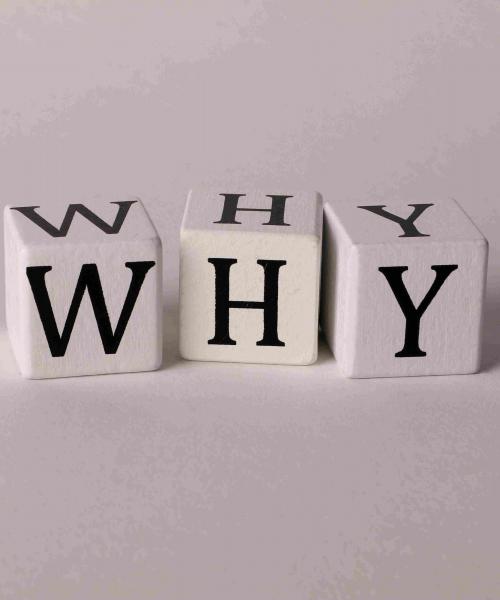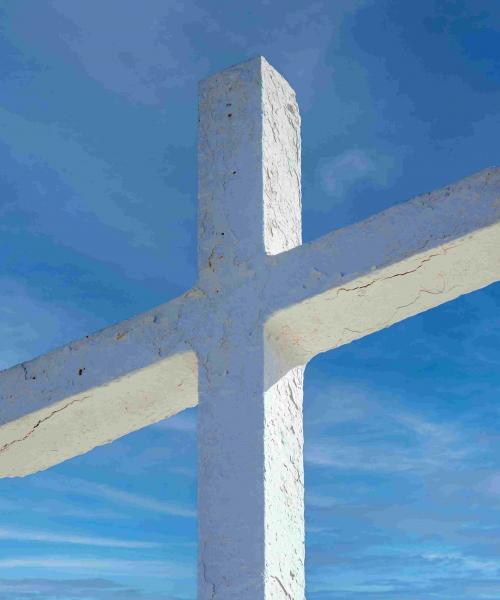
A very generous grace
I spent more than twenty years punching a clock. I was paid by the hour. My time was monitored, managed, and sometimes manipulated. It is the sort of environment that makes you very much aware of the meaning of the old phrase ‘time is money.’ So when I am presented with this parable – when Jesus tells us ‘The kingdom of heaven is like a strange work environment where the boss is generous in a way that makes us uncomfortable…’ – I assure you; Jesus has my attention.
There doesn’t seem to be any justice in this parable. Our sense of what is fair may be offended by the notion that those who worked a full day receive the same pay as those who only worked a couple of hours. It is hard to wrap the head around.
Is this what you imagined the kingdom of heaven might be like? a place where every ‘reward’ was the same, no matter how much effort you put in to being good – or righteous – or holy – or faithful? Is this what we’ve taken up our cross to achieve? It’s something to consider, because this parable from Jesus runs in direct opposition to the message most of us have absorbed down the years.
Our faith - in North America - come to us in a place of strength and success. We are living in circumstances of abundance and peace. There is not much we need that we can’t achieve ourselves. Hard work brings reward. These realities seep into our interpretation of Scripture. Salvation becomes just another achievement; something to add to the resume. In this environment, it doesn’t take much for us to become suspicious of those whose belief is fresh. New Christians, goes that argument, have to learn the ropes - pay their dues. There is an imagined hierarchy, one that puts the long-time faithful closer to grace - nearer the throne. We build the kingdom of heaven as a reflection of our modern, western reality.
But guess what. According to Jesus, the reign of God doesn’t suffer from such cultural limitations.
“…go into my vineyard, and I will pay you whatever is right…” so says the landowner to the group hired mid-morning - and through the late afternoon. Everyone he hires work until dusk. All of them have a notion of what will be ‘right.’ A day’s wage for a day’s work, and a sliding scale - downwards - the closer you get to quitting time. But that’s not what happens, and those who imagined themselves well employed suddenly feel cheated.
What is our time worth? What is our reward for faithfulness? Why bother to live well and spend energy on a good relationship with God if those who rush up at closing time - after wasting their lives on idle pursuits - still get preferential seating? It’s not fair, cry those who spent the whole day sweating it out. And no, it’s not fair – but it is right
The journey of faith isn’t a contest, but sometimes it seems as though we’re a little bit competitive. I still remember Sunday School attendance charts – and special mentions for those who never missed a lesson. I also remember church rolls that were judged on how many times someone had been to communion. We perpetuate our ideas about what it means to be faithful, and how that faithfulness might be rewarded. Cumulative effort. Long-standing relationships. No backsliding. All so we could claim for ourselves the phrase ‘well done, good and faithful servant.’ This parable undermines these long-held beliefs. The kingdom of heaven, it turns out, is less than fair - and more than good.
We say that we understand God’s habit of defending the underdog. Scholars and activists in the church through the 1960’s and 70’s described God’s “preferential option for the poor.” This idea was an expansion on this parable - on the often repeated “last shall be first” quote that usually serves as the moral of this particular parable. We say we understand this, but when we are given an example about what it might look like in real life - as Jesus does in this parable - we often confess that we liked the old way better. “Equal pay for equal work” is what we prefer. We need to know where we stand. We’d like to think that initiative, and energy, and faithfulness, and ‘sacrifice’ will be rewarded. We want the rule of divine mercy and justice to look like a pyramid scheme: it seems fairer somehow. But God has other ideas.
All are hired. Every effort is made to see that none are left out. Everyone is rewarded equally. No economic divisions are created or implied. No one worker has any leverage over the other, or receives preferential treatment from the boss. There is no ‘system’ to be manipulated; no economic divisions to be overcome; no ladder to be climbed. God’s order is order for all.
It turns out that God’s grace is a mystery that must be experienced to be believed.
We struggle to make sense of this. Our devotion to free-market capitalism is a fearsome thing. We have made hard work a by-word and success an idol. That devotion has created an obstacle between the rich and the poor. Our system requires rich and poor. Why work hard except that there is ‘something better’ waiting for you? But Jesus proclaims equality; a justice that does not depend on economic imbalance. The master makes equals out of competitors. This is a gift of generous grace.
This is what the kingdom of heaven is like. A place where no one needs to prove their worth. A place where no one gets left behind. This is the kingdom proclaimed in Jesus living, dying and rising. A kingdom that welcomes all - that calls all worthy and welcome. A place of equals, with God at its centre.
 St. John's
St. John's




